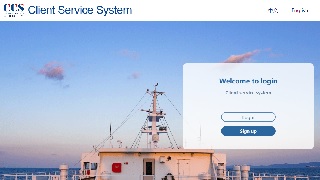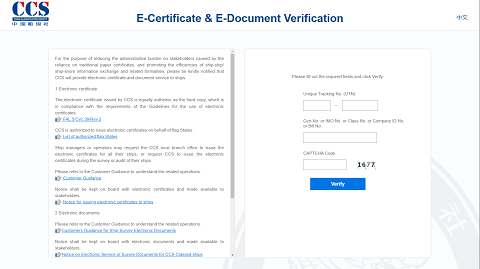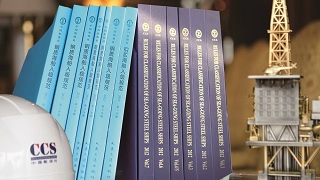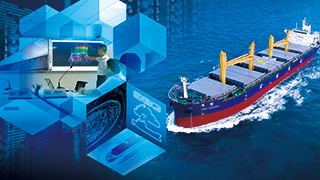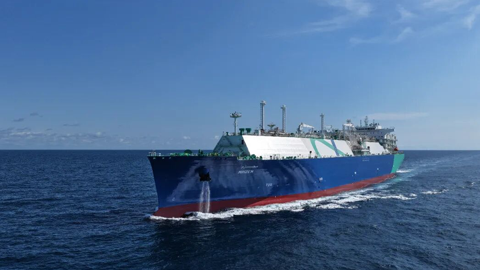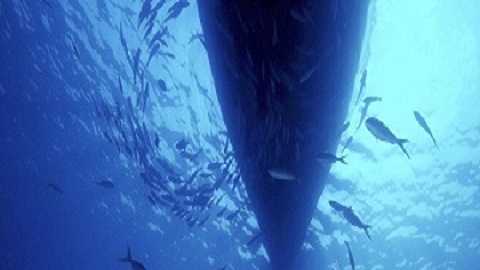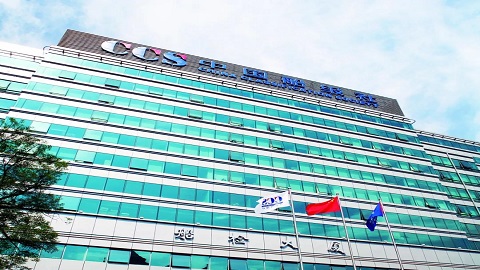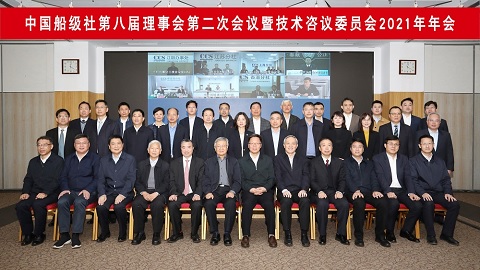Green eco-ships to become the
mainstream trend of future development
Under global ecological, resource
and environmental pressures, the international community has tasked the
International Maritime Organization (IMO) with introducing a number of measures
to curb greenhouse gas emissions from shipping, alien biological transfer, air
pollution prevention, and marine plastic waste management. Green and ecological
development has become an inevitable trend in the subsequent development of
shipping and shipbuilding. It will be one of the focuses of future
international policy and technical standards, and an important direction for
future research and development and the application of new technologies.
“Green eco-ships”, taking safety
as a prerequisite and environmental protection as a main target, putting ship energy efficiency at its core,
recycling and crew working environments as auxiliary functions to further
reduce the ecological impact on the ship’s operating environment, will inform ship
safety, energy conservation, environmental protection, comfort and sustainable
development levels, and will form the mainstream trends of future vessel development.
In addition to retaining the
original green elements, the latest “Rules for Green Eco-ships” released by the
China Classification Society (CCS) adds new “ecological” elements, incorporates
the concept of circular and sustainable development, and uses
low-carbon/zero-carbon green innovative technologies as the important support.
These Rules will lead the healthy development of shipping toward a green,
ecological and sustainable direction, and help CCS fulfill its social
responsibility to serve shipping and promote energy conservation and emission
reduction.

Providing solutions for the LNG
water application industry chain
Preventing air pollution from
ships drives the shipping industry to adopt advanced technologies to reduce
emissions from ships. The new emission reduction technology using LNG fuel is being
applied more broadly.
CCS promotes and guides the
healthy development of LNG applications on water, and works closely with
government authorities, energy companies, and universities and colleges to do
research covering the entire industrial chain of LNG from transportation,
bunkering to utilization. CCS has provided classification services for LNG
powered ships, LNG bunkering pontoons, LNG mobile bunkering ships, and LNG
transport ships newly built in China. With continuous technology accumulation
and attention paid to customer needs, CCS provides customers with an integrated
solution to each link in LNG application.

Promoting the application of pure
battery power on ships
CCS began to study the rules and
standards for the use of lithium-ion batteries on ships around 2010, and
provided technical support for many new energy ships, including solar
photovoltaic + lithium iron phosphate battery catamaran sightseeing ship on Yundang
Lake of Xiamen, conversion project of a large car ro-ro ship, “COSCO TENGFEI” (adding
solar photovoltaic system and lithium iron phosphate battery), 98-seat
dual-power pure electric sightseeing ship on Suzhou River etc. Based on the
research results, CCS formulated and issued the relevant standard “Guidelines
for the Survey of Solar Photovoltaic Battery System and Lithium Iron Phosphate
Battery System”. In order to provide better technical services for
battery-powered ships, we have also been committed to the research work of
relevant technical standards for pure battery-powered ships since 2018 and have
issued “Guidelines for the Survey of Pure Battery-powered Ships”. At the same
time, the relevant statutory requirements for lithium iron phosphate batteries
have been included in the “Technical Rules for the Statutory Survey of Small
Inland Ships” (2019 Amendment) and the “Technical Rules for Statutory Survey of
Inland Ships” (2019).
At present, a complete standard
system has been formed for electric ships powered by lithium iron phosphate
batteries from the level of regulations, rules and survey guidelines, which can
provide a basis for the design, plan approval and survey of the industry. Other
batteries represented by ternary lithium batteries can also be used to provide
services to the industry in accordance with the Guidelines for the Survey of
Pure Battery-powered Ships of CCS.

(Battery-powered ship, 2000-ton coal carrier)

(“East
Lake” pure battery-powered ship)

(Battery-powered ship, sea cruiser)

(Battery-powered ship, 300-seat ferry)

